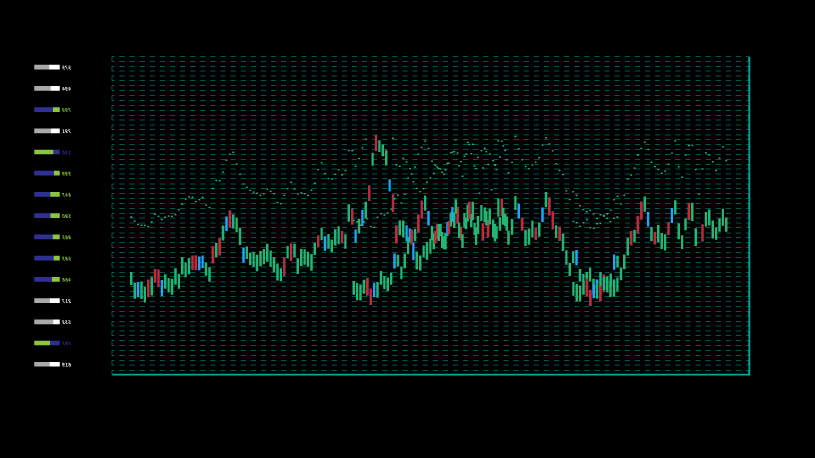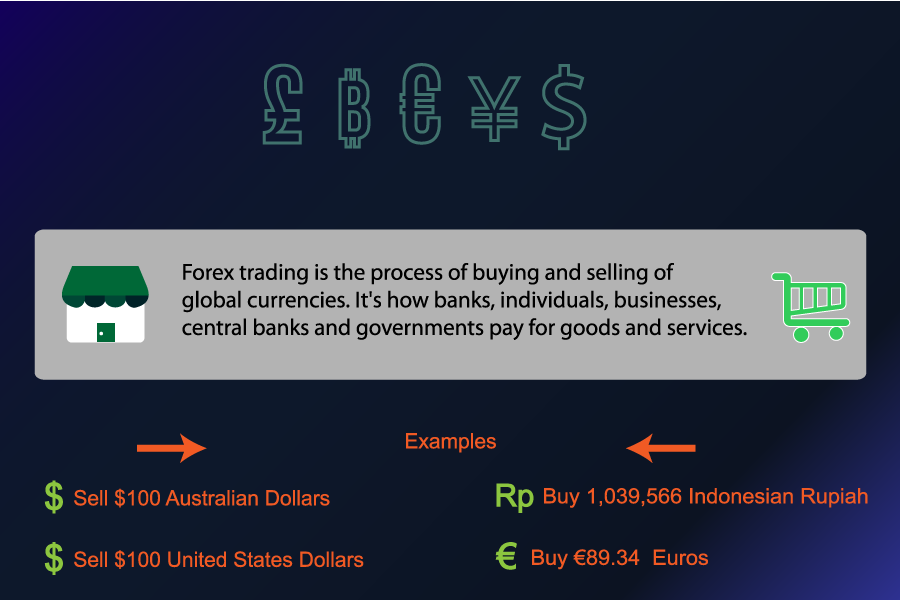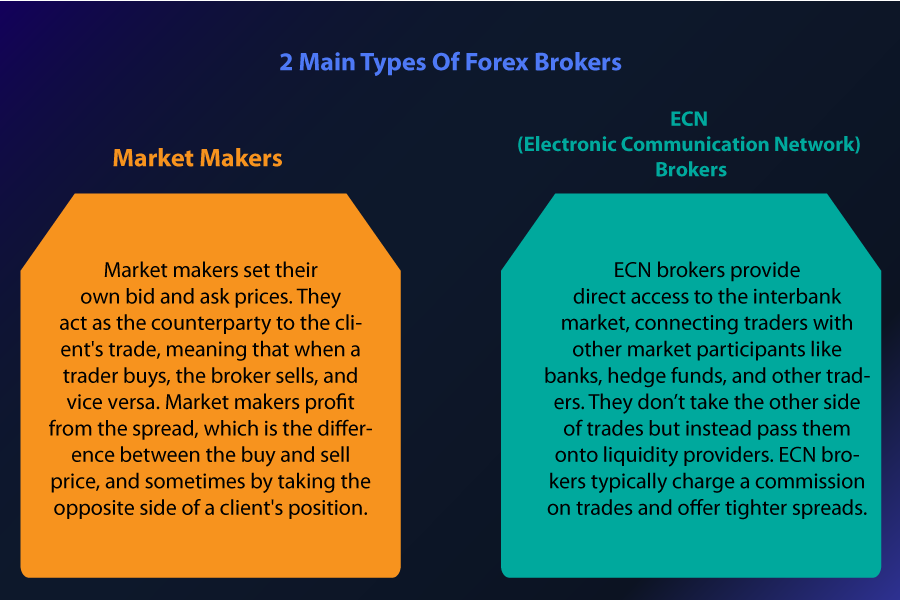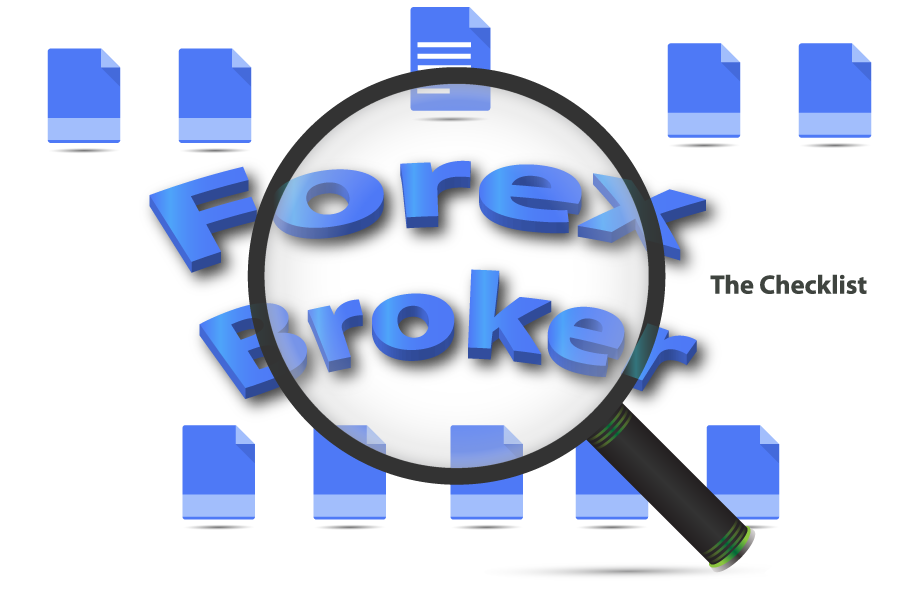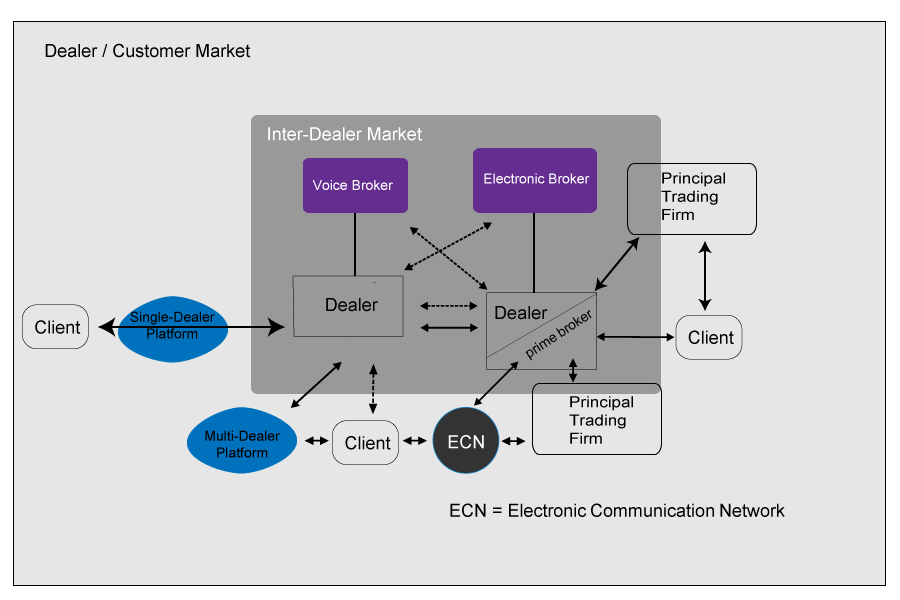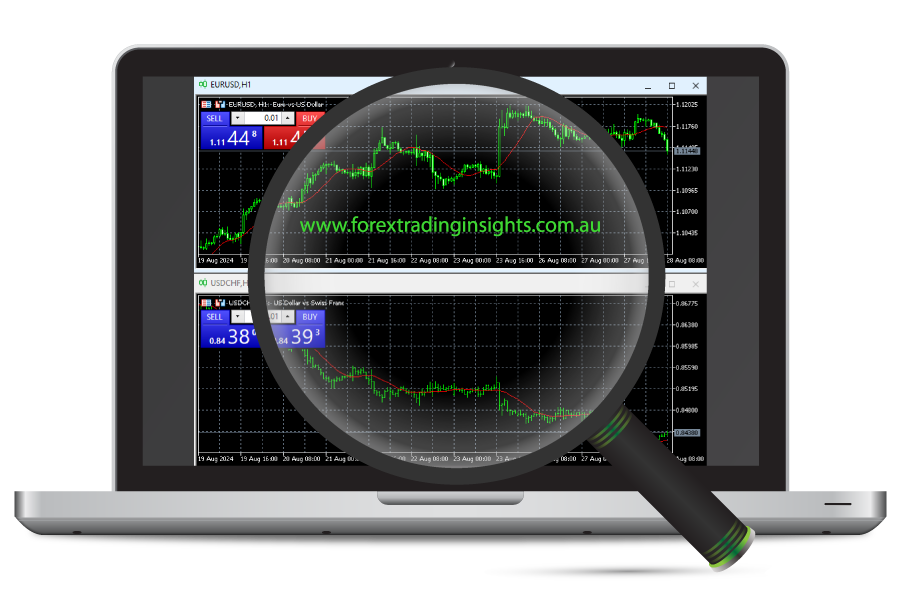For most Aussies, Forex trading is often seen as a pathway to financial freedom with the potential to generate substantial income. Professional forex traders, in particular, are known for their ability to earn significant profits. However, the amount a professional forex trader makes per day can vary greatly depending on factors such as trading capital, strategy, market conditions, and risk management. This article explores the daily earnings of professional forex traders and what it takes to reach that level of success.
Factors That Influence Daily Earnings
The daily income of professional forex traders is influenced by several key factors:
1. Trading Capital: The amount of capital a trader has directly impacts their potential earnings. Larger accounts allow for higher position sizes, which can lead to greater profits (or losses).
2. Risk Management: Professional traders use strict risk management techniques to protect their capital. They typically risk only a small percentage of their account on each trade, ensuring long-term sustainability.
3. Trading Strategy: The type of strategy a trader uses whether scalping, day trading, swing trading, or position trading can influence their daily earnings. Scalpers, for example, aim for small, frequent profits, while swing traders may target larger gains over a longer period.
4. Market Conditions: Market volatility and trends play a significant role in determining profitability. Professional traders adapt their strategies to capitalize on changing market conditions.
5. Experience and Skill: Years of experience and refined skills enable professional traders to make informed decisions and execute trades with precision.
Daily Earnings of Professional Forex Traders
While there is no fixed amount that professional forex traders make per day, here’s a general idea of their potential earnings:
1. Moderate Earnings: Many professional traders aim for consistent, moderate profits. On average, they might make between $200 and $1,000 per day, depending on their trading capital and strategy.
2. High Earnings: Top-tier professional traders or those managing large funds can earn significantly more. Some may make $1,000 to $5,000 or more per day, especially during periods of high market volatility.
3. Exceptional Earnings: In rare cases, highly skilled traders or those with exceptionally large accounts can earn tens of thousands of dollars in a single day. However, these instances are not common and often involve significant risk.
Realistic Expectations for Daily Earnings
While the potential for high daily earnings exists, it’s important to have realistic expectations:
1. Consistency Over High Profits: Professional traders focus on consistent profitability rather than chasing large, risky gains. Consistency is key to long-term success.
2. Risk of Losses: Even professional traders face losing days. Proper risk management ensures that losses are manageable and do not wipe out their accounts.
3. Time and Effort: Achieving professional-level earnings requires years of experience, continuous learning, and disciplined trading.
4. Market Dependency: Earnings can fluctuate based on market conditions. Some days may be highly profitable, while others may result in minimal gains or losses.
Tips to Increase Daily Earnings
If you aspire to become a professional forex trader and increase your daily earnings, consider the following tips:
1. Master Your Strategy: Focus on mastering a trading strategy that suits your style and risk tolerance. Whether it’s scalping, day trading, or swing trading, consistency is key.
2. Manage Risk Effectively: Use stop-loss orders, avoid over-leveraging, and never risk more than 1-2% of your trading capital on a single trade.
3. Stay Disciplined: Stick to your trading plan and avoid emotional decision-making. Discipline is what separates professional traders from amateurs.
4. Continuously Learn: The forex market is constantly evolving. Stay updated on market trends, economic news, and new trading techniques.
5. Start Small and Scale Up: Begin with a smaller account and gradually increase your trading capital as you gain experience and confidence.
How Much Do Professional Forex Traders Make Per Day?
Professional forex traders have the potential to earn significant daily profits, but their income depends on factors like trading capital, strategy, and market conditions. While some traders make hundreds or even thousands of dollars per day, achieving this level of success requires years of experience, disciplined risk management, and continuous learning. By focusing on consistency and mastering your craft, you can work toward becoming a professional forex trader and increasing your daily earnings.


